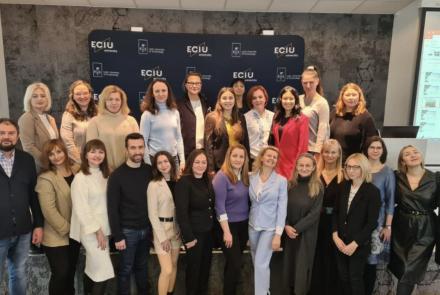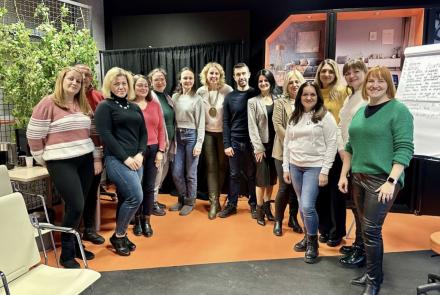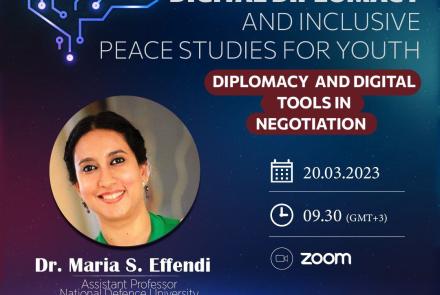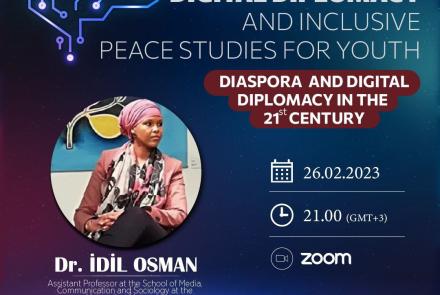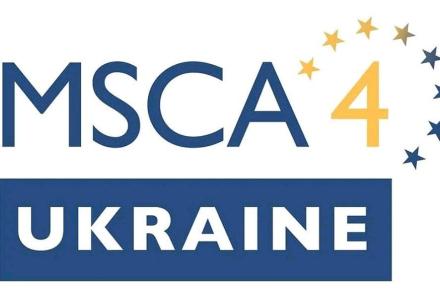As part of the Erasmus + KA220 project "Digital Diplomacy and Inclusive Peace Studies Platform for Youth "/" Digital Diplomacy and Inclusive Peace Studies Platform for Youth," the second lecture "Diaspora and Digital Diplomacy in the 21st Century "/" Diaspora and Democracy" was recently held digital Diplomacy in the 21st century "from a series of trainings for ambassadors of diplomacy" Diplomacy Ambassadors Trainings. "
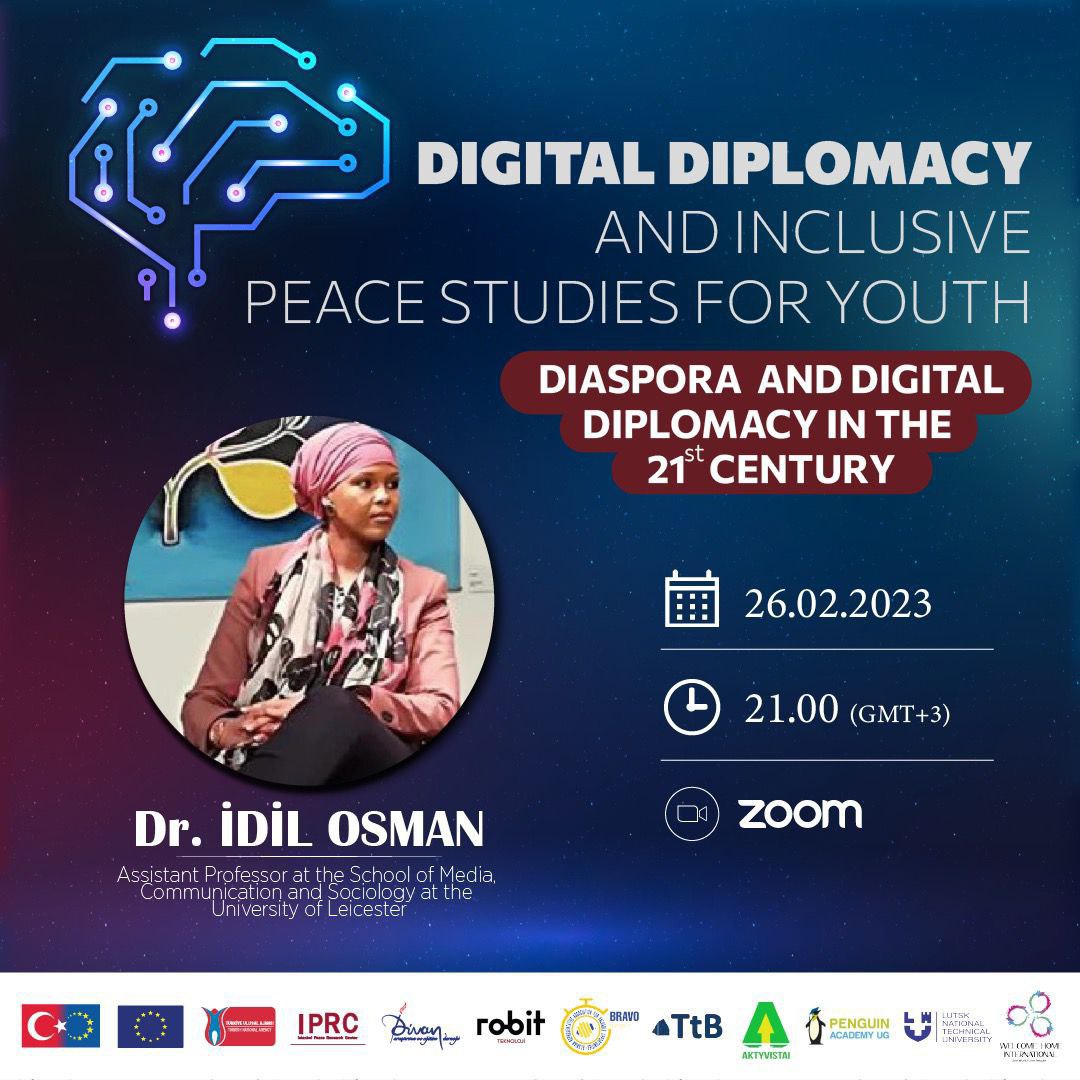
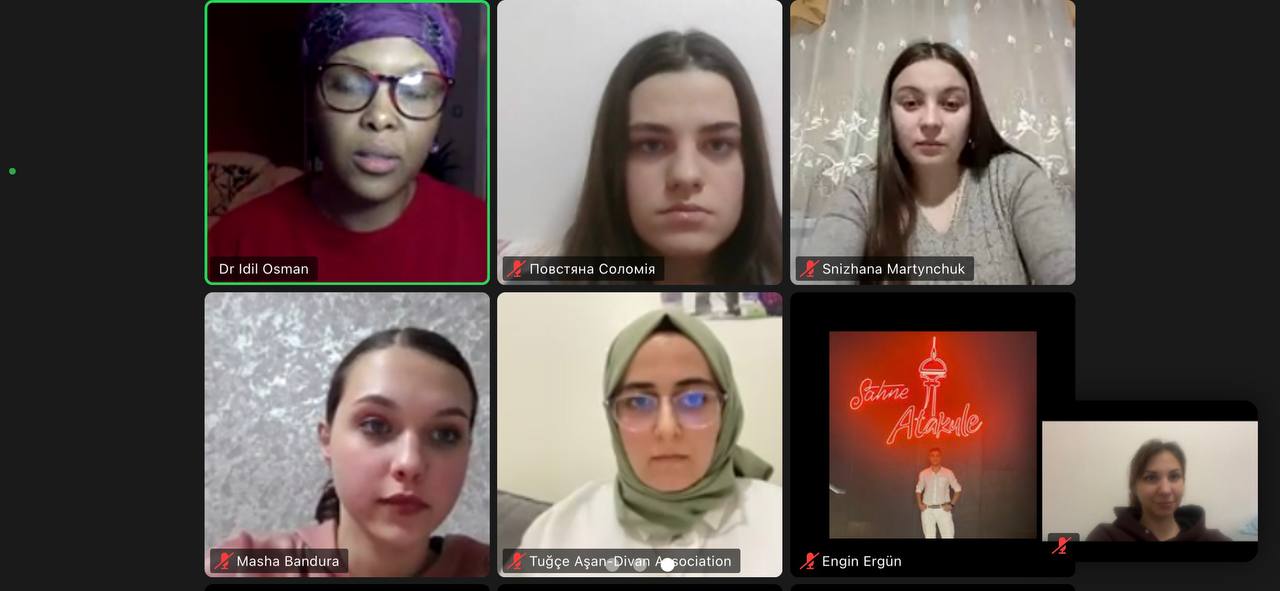
The lecturer is Dr. Idil Osman, Associate Professor at the School of Media, Communication and Sociology at the University of Leicester, England.
She is the author of the books “Media”, and “Diaspora and the Somali Conflict”. Dr. Idil Osman explained the concept of diplomacy by quoting famous people such as: Hadley Bull - author of the book “Anarchic Society”; Tran Van Dinh - diplomat, professor, researcher; Charles Wright Mills - sociologist, publicist, and author of the books “Social Imagination”, “Power of the Elite”.
Idil Osman spoke in detail about the specifics of diplomacy in the 21st century.
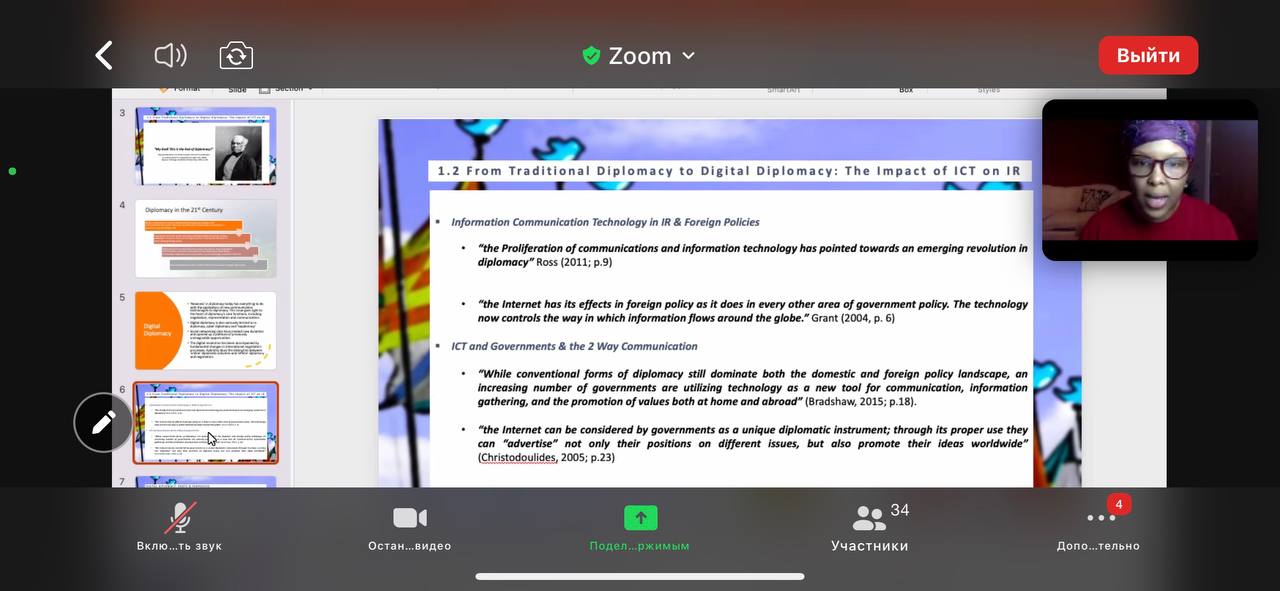

She noted that modern diplomacy is undergoing fundamental changes at an unprecedented pace that are affecting the very nature of diplomacy.
Globalization and the new media landscape are challenging the traditional structures of ministries of foreign affairs. They can no longer claim to be the only player in foreign policy communication. Diplomatic work has expanded to include a range of functions from negotiation, communication, representation and reporting to monitoring, promotion of trade in goods and services, cultural exchange and public relations.
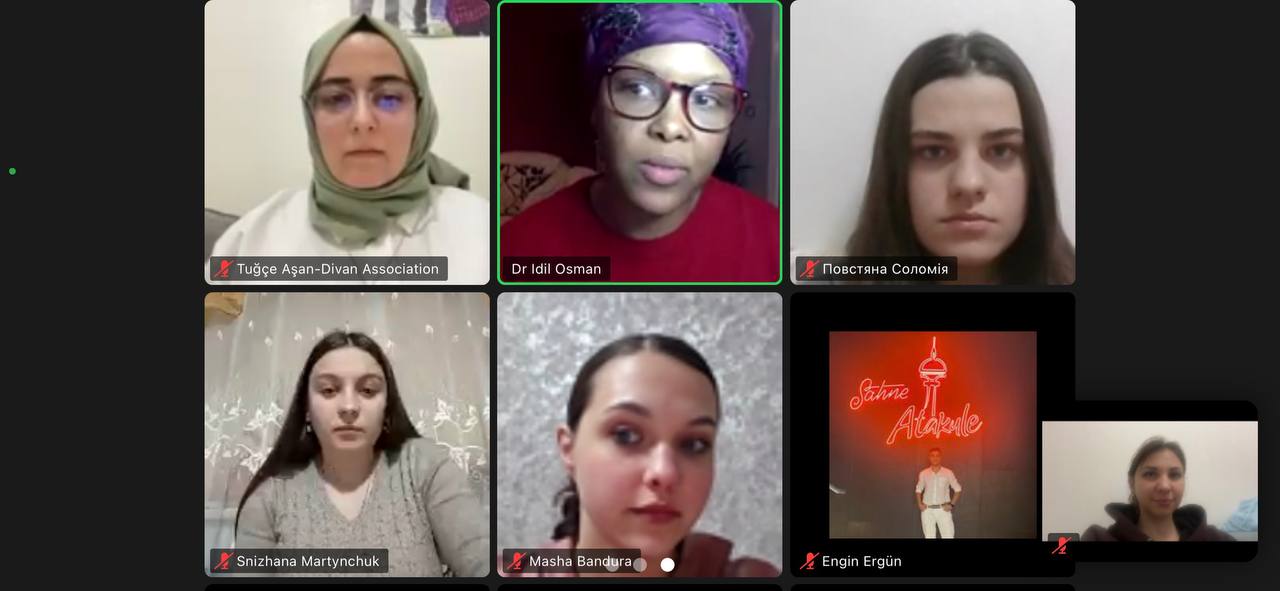
Idil also emphasized that the tools and platforms for diplomacy have also changed significantly.
The lecturer drew attention to the fact that changes have taken place with the advent of the digitalization era.
“Novelty” in diplomacy today is associated with the use of new communication technologies. This issue concerns the essence of the main functions of diplomacy, including negotiations and communication.
Social media sites have opened up many previously incredible opportunities.
The digital revolution has led to the emergence of the so-called “online diplomacy”.
Thanks to the lecturers, the participants could also follow the process of transition from conventional diplomacy to digital diplomacy, its causes and preconditions.

